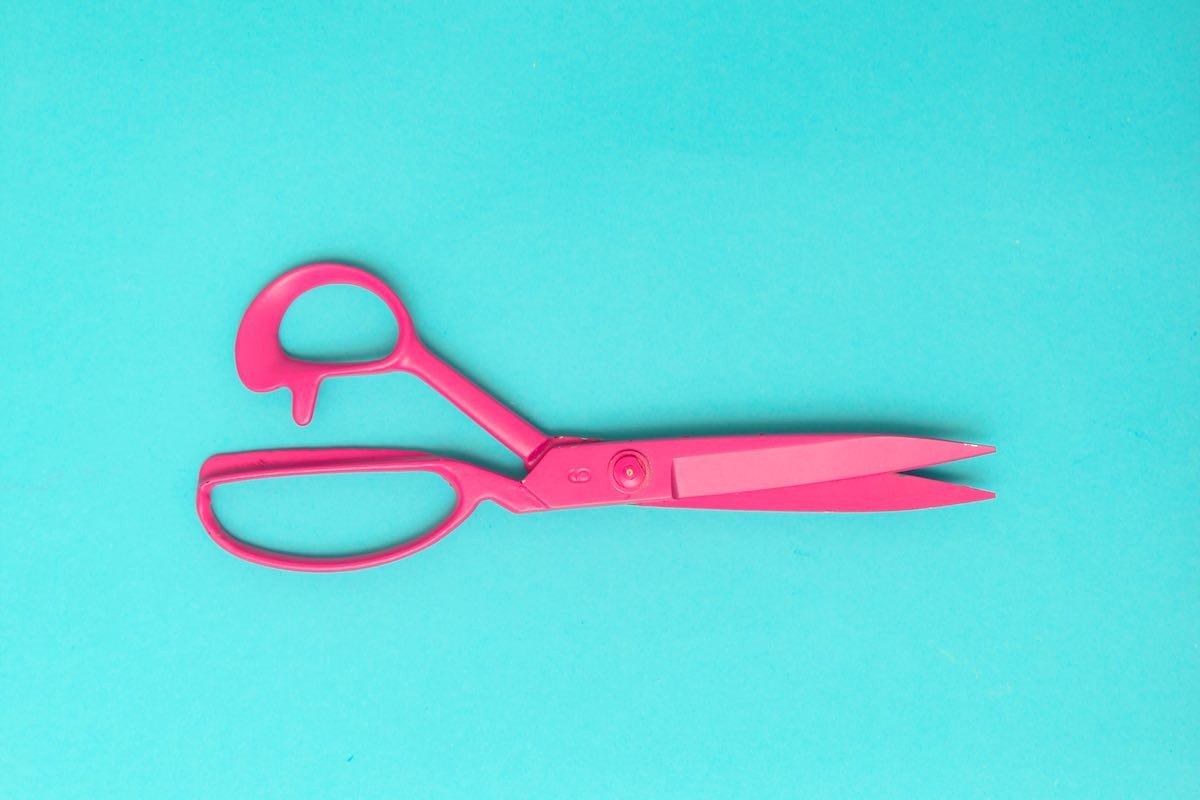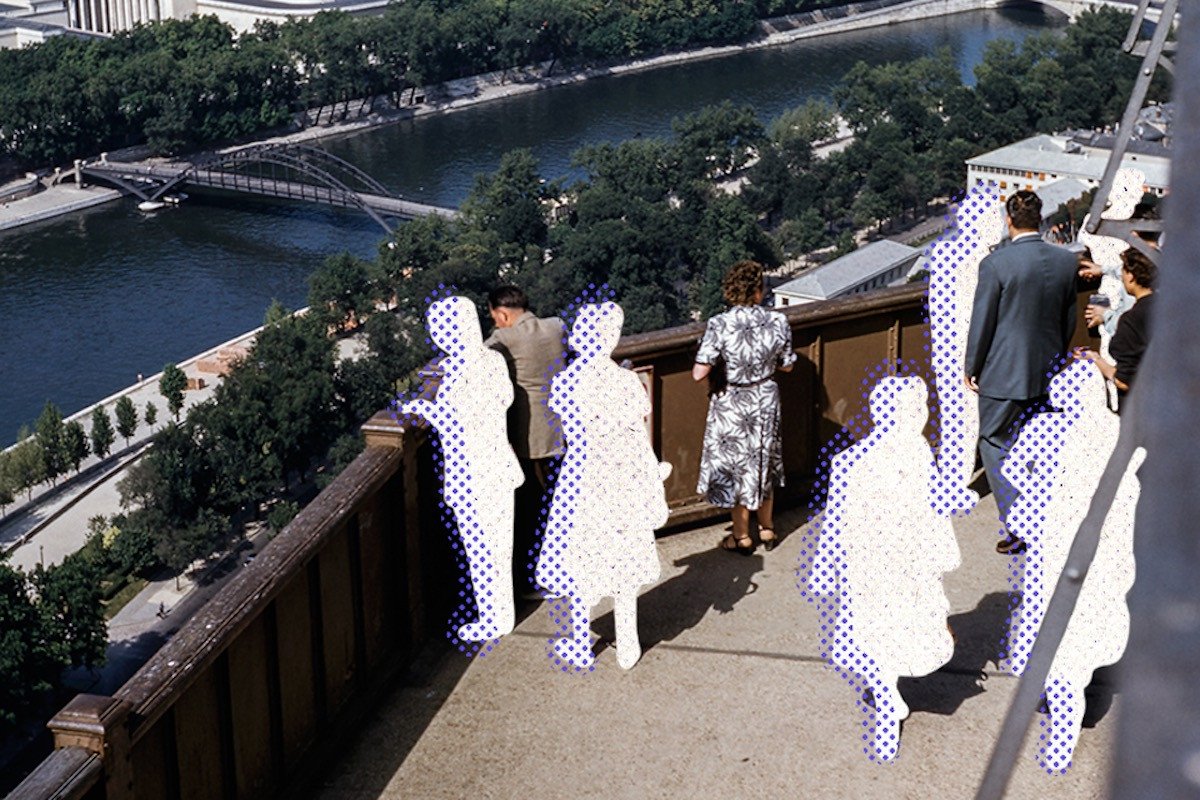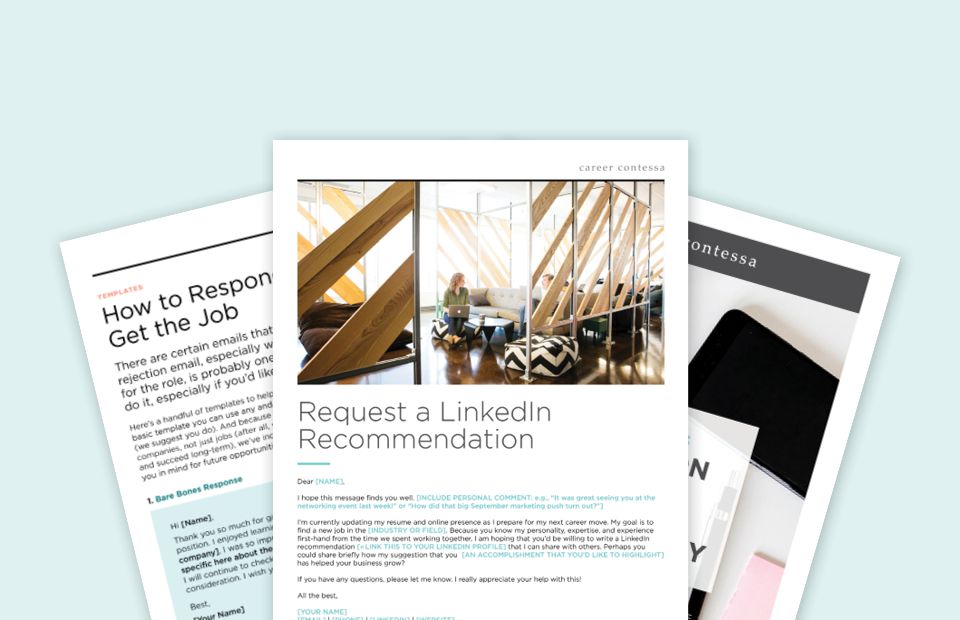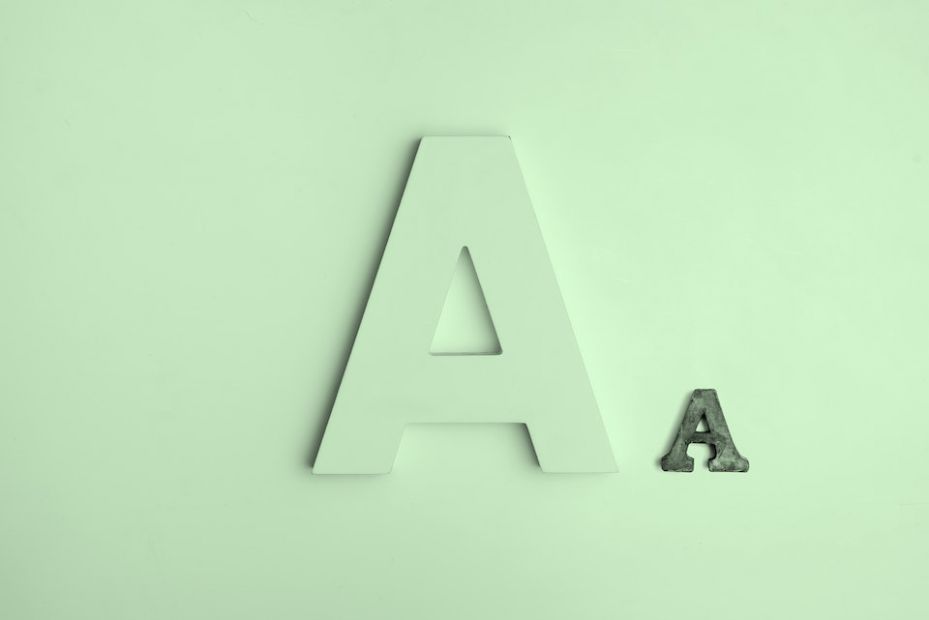Sometimes it's the little things that sabotage your chance at a new career. Here's how to prevent body language from losing you a job offer.
Everyone has physical habits they rarely notice.
In an interview setting, these nervous ticks offer a physical outlet for the stress you’re under. But they come at a price.
Rather than focusing on what you’re saying or the experience you’d bring, the hiring manager’s attention turns to your nail-biting or hair-twirling. The scariest part? You may not even realize you’re doing it.
Poor body language can send messages that you’re incapable, nervous, or unhappy–all adjectives you don’t want an interviewer associating with you. An interviewer
may forgive you for a subpar answer on the 5th question you’re asked, but if your body language offers physical evidence you don’t work well under pressure or you’re not confident in your abilities? It’s going to be hard to come back.
Don’t undermine how qualified you are with poor habits. Practice avoiding these common moves before they cost you your next job.
Slouching
Remember when your mom would tell you to stand up straight? She was on to something.
Slouching makes you look as though you’re bored and disengaged, and leaning forward too much can make the interviewer feel crowded. Standing up straight instills a sense of confidence and ownership of the situation. To the interviewer, it makes you look taller, but also more capable and self-assured.
Slumping
Think about the last social gathering you attended where you didn’t know anyone. Did you cross your arms? Put your hands in your pockets?
Crossing your arms or hunching over (which most of us have a habit of doing without realizing) can make you seem insecure. Although it can feel comforting to fold your arms in front of your chest, the movement sends a signal that you’re uninterested or unapproachable in the conversation. Some even view it as aggressive.
You want to appear open, approachable, and friendly during an interview. To avoid the hunch, remember to keep your arms relaxed by your side or
hold your resume folio in your hands to prevent yourself from resorting to old habits. Having good posture throughout the interview will make you look–and actually
feel–more confident.
Whether it’s tucking your hair behind your ear, touching your face, or tapping your foot, nervous gestures creep up out of nowhere.
Smirking
You'll want to avoid rolling your eyes or giving any signs you’re nervous or frustrated. But that doesn’t mean you need to remain absolutely serious during an interview—you should definitely try to showcase your personality.
An easy way to help break the ice is to smile. When you do, you’re telling your potential future employer in that 1) you’re normal and 2) it would actually be fun to work with you on a daily basis. Most importantly, a smile will help you relax so you can present the best version of yourself.
Fiddling
Whether it’s tucking your hair behind your ear, touching your face, or tapping your foot, nervous gestures creep up out of nowhere. They can make you look distracted or, worse, showcase insecurity. Be self-aware. Take control by placing your hands on the table or on the armrest.
Not sure how to act? One way to instill a sense of trust during an interview is to subtly mimic the movement of your interviewer. Without acting like a copycat, try to mirror your interviewer’s body language. If your interviewer is leaning forward during the conversation, lean slightly forward as well to show you’re interested in what she has to say. This subtle technique shows you’re on the same team.
Find the happy medium (eye contact about 70 percent of the time) that will demonstrate your emotional intelligence without scaring anyone away.
Handshaking
Your handshake alone can set the stage for the rest of the interview. No pressure!
A too-firm handshake can signal you’re overcompensating. A too-light handshake hints at a lack of confidence. If you offer a weak handshake during a high-pressure situation like an interview,
the interviewer might wonder how you’d handle meeting an important stakeholder. Practice makes perfect so try some mock introductions with friends or family to get it right.
And don’t be afraid to be the first person to extend your hand. A strong handshake is one of the few ways to appropriately touch someone in a corporate setting, and it can instill a sense of kindness and warmth–if done right.
A Word On Eye Contact
Think about the last few conversations you had. Did anyone stare at you for too long? Did they frequently look away? What was your gut reaction about that person?
Maintaining eye contact with your interviewer demonstrates you’re confident and can hold your own in a conversation, but staring too long can feel unnatural. If you consistently avert your interviewer’s gaze, your interviewer may find cause for concern–a shifty gaze signals you can’t be trusted.
Find the happy medium (eye contact about 70 percent of the time) that will demonstrate your emotional intelligence without scaring anyone away.
At its worst, poor body language can send a message that we’re incapable of the task at hand. When your dream job is on the line, you don’t want to risk losing out because you crossed your arms at the wrong time. Create a neutral canvas to
give yourself the best start for your next great opportunity.










